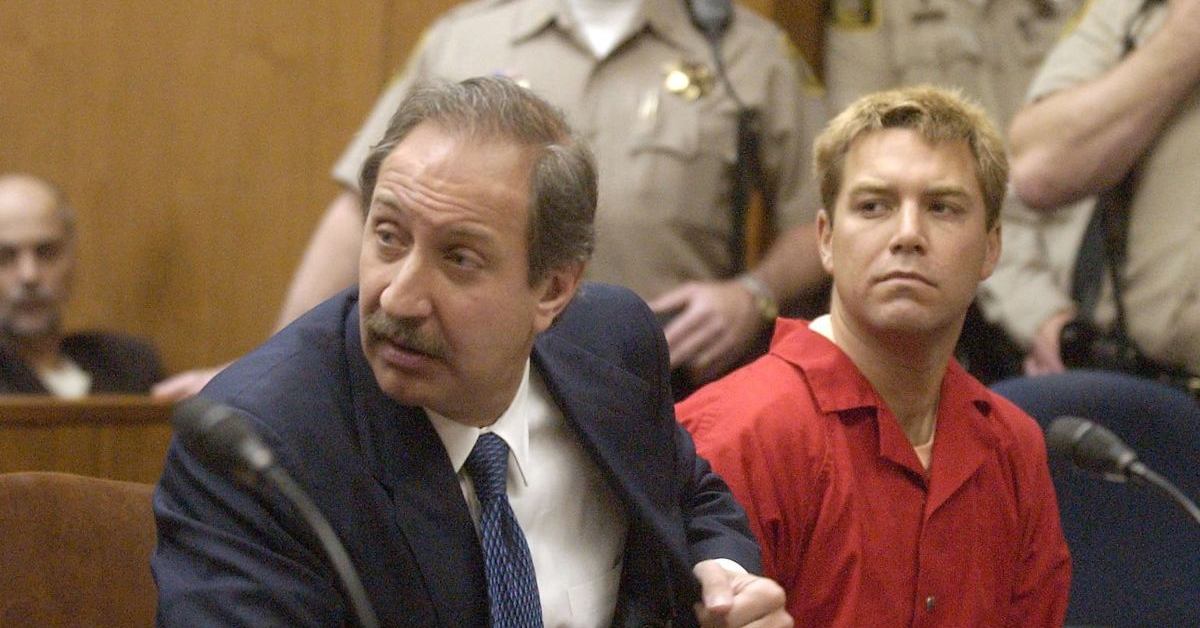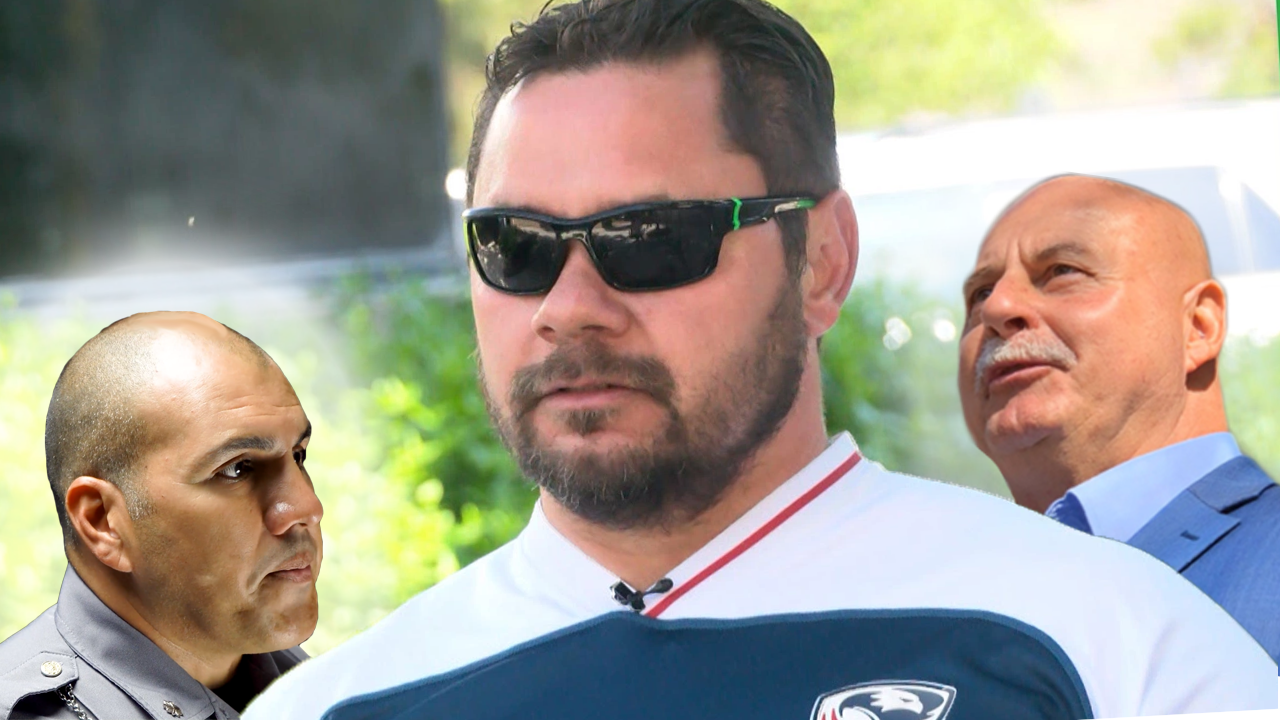The Fresno County Board of Supervisors unanimously approved an anti-camping ordinance that gives law enforcement the power to clear homeless encampments off the streets.
Supervisor Steve Brandau proposed the ordinance last month following a Supreme Court ruling that allows governments to legally sweep homeless encampments on public property.
The big picture: Under the ordinance, the Fresno County Sheriff’s Office now has the authority to conduct sweeps on unincorporated areas of Fresno County.
- People are banned from camping on public property, and the ordinance also prohibits the obstruction of public access to sidewalks, trails, entrances to public facilities and other public rights-of-way.
- People are also banned from bathing in public fountains and from urinating or defecating on public property.
Zoom in: Fresno County Sheriff John Zanoni said there is a process for sweeping homeless encampments.
- Sheriff’s deputies will offer to guide the homeless to behavioral health or housing services on first contact and provide transportation to those services.
- If people refuse to leave, they will be penalized by a $500 fine and up to six months in jail.
What they’re saying: Several people spoke in opposition to the ordinance at Tuesday’s Board of Supervisors meeting, with some saying it is the government’s job to house the homeless.
- Brandau pushed back, saying the county provides many services for the homeless.
- “It’s not a role of the United States government or the states to provide a house for every single person,” Brandau said. “I could see the day where that changes, but right now in our United States Constitution, it’s not our role to provide funding for everybody in all circumstances to have a house.”
- He said the hope is that the anti-camping ordinance will give a firm push to some people to take advantage of the services offered by the county.
- “This isn’t about sweeping people off the street,” Brandau said. “This is about a very small subset, a very obstinate people who do things that hurt our businesses, they hurt parents who have to send their children down the street to school, walk alone down the street – very difficult crunch time for many of our citizens. And this just simply addresses a very small subset, a very obstinate people. And we have to say to them, ‘Wouldn’t you prefer to go down and begin the process, as challenging as it is, to take advantage of some of these services?’”









